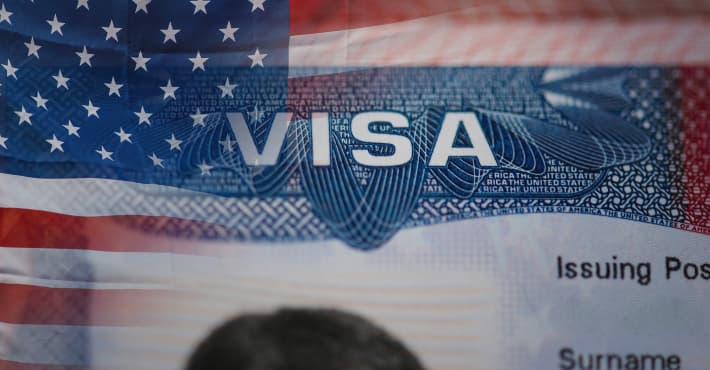

On May 19, 2025, the U.S. Supreme Court authorized the Trump administration to terminate Temporary Protected Status (TPS) for approximately 350,000 Venezuelans residing in the United States. This decision marks a significant shift in U.S. immigration policy, potentially affecting thousands of individuals who have relied on TPS for legal residency and employment authorization.
Understanding Temporary Protected Status (TPS)
Established by Congress in 1990, TPS is a humanitarian program that offers deportation relief and work permits to individuals from countries experiencing armed conflict, environmental disasters, or other extraordinary conditions. While TPS provides temporary legal status, it does not offer a pathway to permanent residency or citizenship.
Policy Shifts Under Different Administrations
During his first term, President Donald Trump attempted to end TPS for several countries, including El Salvador, Haiti, and Sudan. However, federal courts blocked these efforts, maintaining protections for many TPS recipients.
In contrast, President Joe Biden expanded TPS designations to include countries like Afghanistan, Cameroon, and Ethiopia, and extended protections for existing recipients. Before leaving office, the Biden administration granted 18-month extensions for migrants from several countries, including Venezuela and Haiti.
Recent Developments and Legal Challenges
Since returning to office, the Trump administration, under Homeland Security Secretary Kristi Noem, has rescinded these extensions, planning to terminate protections for Venezuelans, Haitians, Afghans, and Cameroonians. Several lawsuits have been filed in response, with courts initially blocking some terminations. However, the Supreme Court’s recent decision allows the administration to proceed with ending TPS for Venezuelans while legal appeals continue.
Implications for TPS Recipients
The termination of TPS for Venezuelans and other nationalities raises concerns about potential deportations and the disruption of lives built over years in the U.S. Many TPS recipients have established families, careers, and community ties. The loss of legal status could lead to economic hardships and family separations.
Legal Support and Advocacy
At Spar & Bernstein, we understand the complexities and challenges faced by TPS recipients amid changing immigration policies. Our experienced immigration attorneys are committed to providing comprehensive legal support, including exploring alternative pathways to legal residency, assisting with asylum applications, and representing clients in immigration court proceedings.
If you or someone you know is affected by the recent changes to TPS, we encourage you to contact our office for a consultation. Our team is dedicated to helping individuals navigate the evolving immigration landscape and secure their future in the United States.




